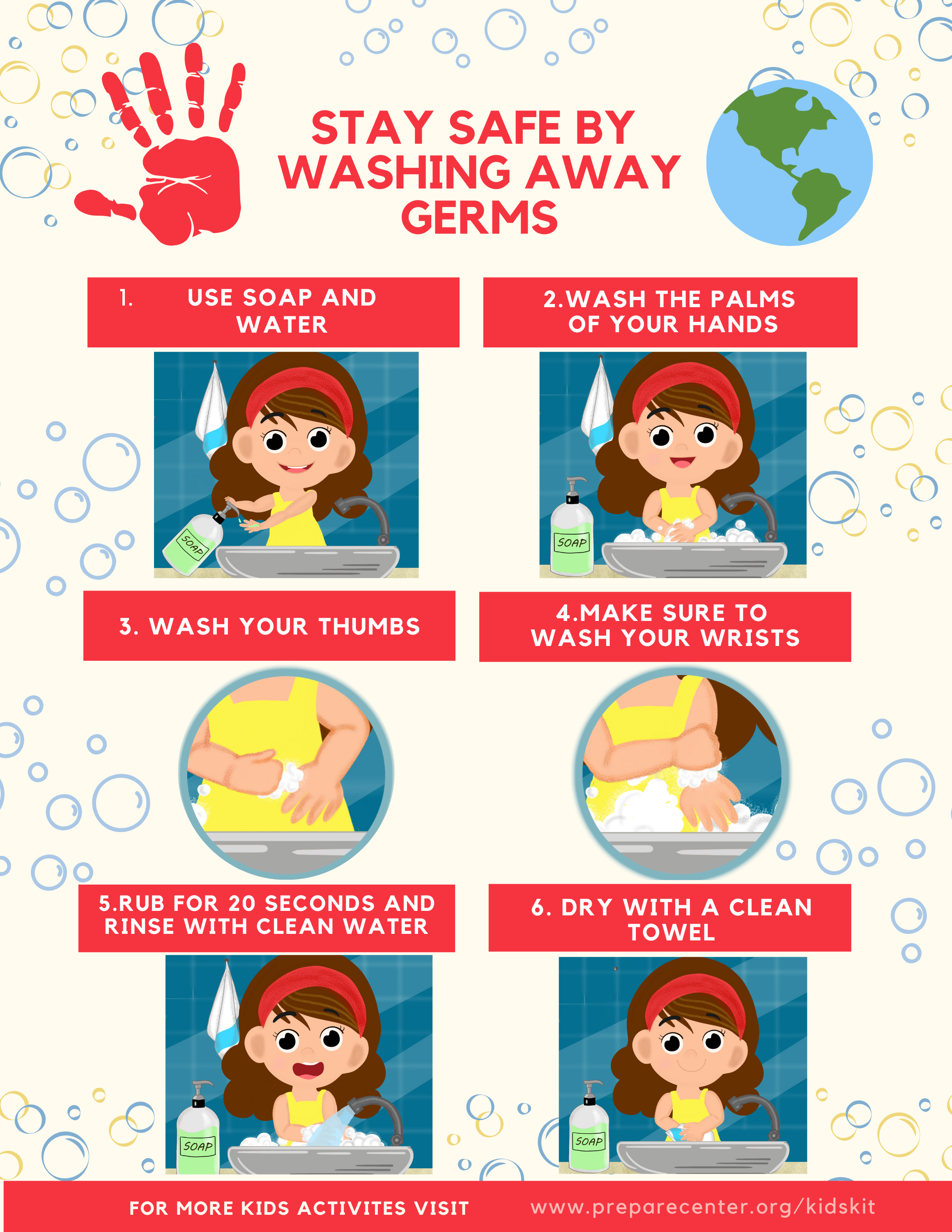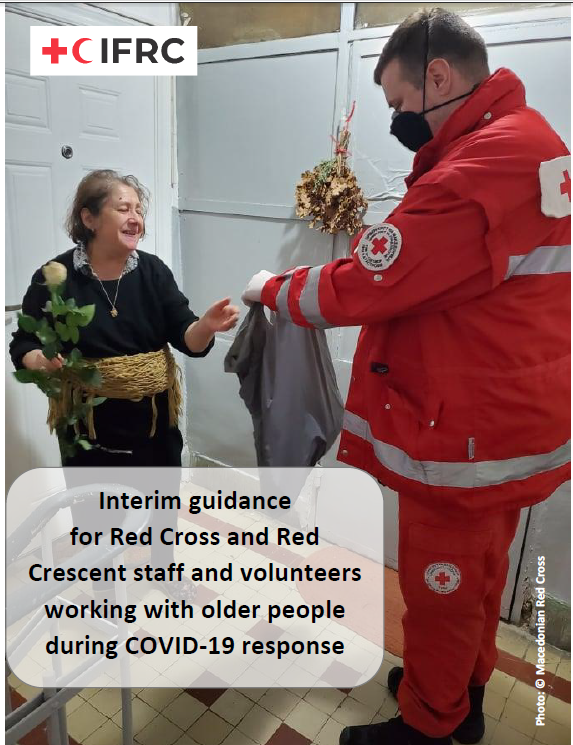11 Jun 2020
The purpose of this document is to provide information to Red Cross Red Crescent staff and volunteers on how to engage with, inform and support older people to support older people in facing new challenges linked to COVID-19. This is a living documen...
Tags: Guidance material, COVID-19 (Coronavirus), Disability Inclusive Disaster Preparedness
08 Feb 2023
The GDPC and the American Red Cross noticed a gap in youth preparedness resources when it comes to teens, where preparedness resources are often curated for adult or child audiences, which leaves teens (ages 13-19) under engaged and underprepared. To...
Tags: Game, Community Risk Assessment, Disability Inclusive Disaster Preparedness, Disaster Preparedness Games, Hazard, Resilience and Disaster Risk Management, Youth Disaster Preparedness
25 Feb 2023
The GDPC and the American Red Cross noticed a gap in youth preparedness resources when it comes to teens, where preparedness resources are often curated for adult or child audiences, which leaves teens (ages 13-19) under engaged and underprepared. To...
Tags: Game, Climate Change Adaptation, Disaster Preparedness Games, Food Security, Hazard, Mental Health and Psychosocial Support, Resilience and Disaster Risk Management, Youth Disaster Preparedness




